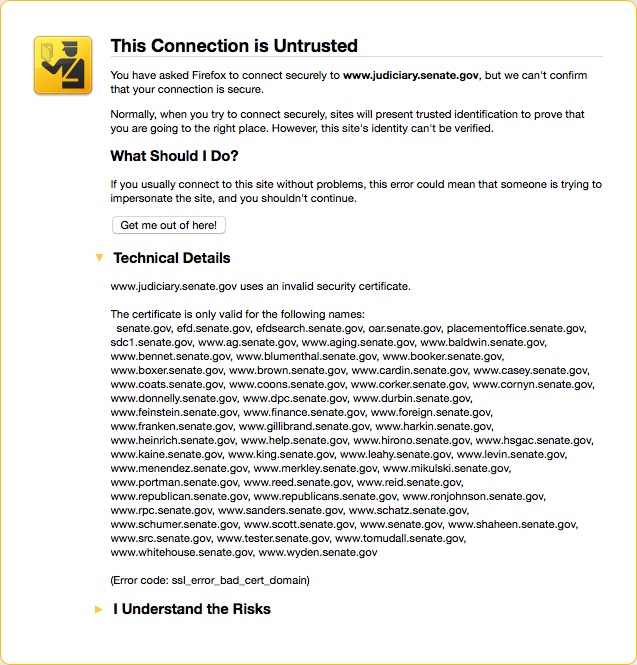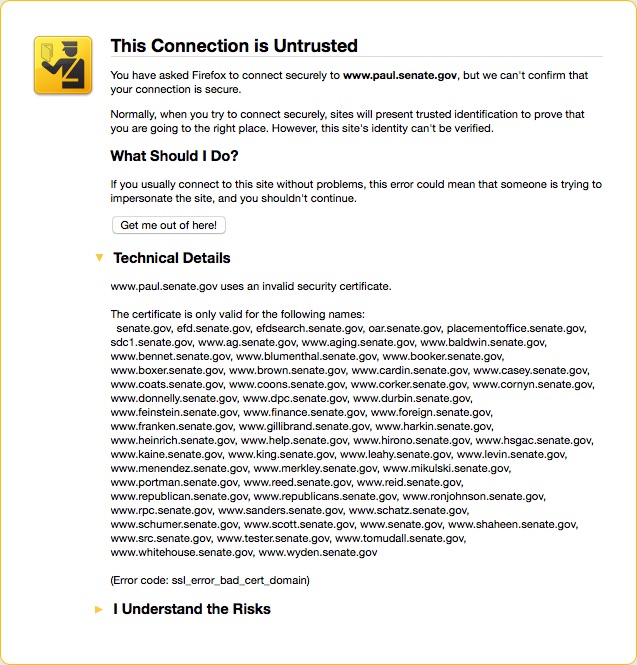Online harassment, often called cyber-bullying by legal marketing teams, has become a very hot topic in the last couple of years. More people are seeing first hand how ruthless denizens of the Internet can be and are demanding something be done. Governments around the world are acknowledging this issue and addressing it in the only way they know how, issuing decrees. New Zealand has lead the charge by passing a law making online harassment illegal:
The Harmful Digital Communications Bill passed its third and final reading last night.
[…]
The bill’s key elements:
Harmful Digital Communications Bill: key provisions
- A fine of up to $50,000 for an individual or up to $200,000 for a body corporate, or up to two years’ jail for posting or sending a “harmful digital communication” – aka cyber-bullying with a post likely to cause distress. The bill covers racist, sexist and religiously intolerant comments, plus those about disabilities or sexual orientation;
- Up to three years’ jail for the new crime of incitement to suicide;
- An “approved agency” will advocate on behalf of complainants. The aim is that the agency will be able to make direct contact with web publishers and social media sites like Facebook and Twitter, where a member of the public often has trouble getting heard (the Law Commission has recommended NetSafe be the approved agency; the non-profit NetSafe’s backers include InternetNZ, the NZPolice, the Ministry of Education and private companies);
- If the approved agency makes no headway, a complaint is escalated to a District Court judge; and
- Web publishers can opt in to a safe-harbour provision, protecting them from liability (and arguably also crimping free speech) if they agree to take down allegedly offending material on demand or at least within a grace period of 48 hours.
When used outside of legal circles the word law implies something that, as far as we know, cannot be violated. The laws of physicals, for example, state that the speed of light cannot be exceeded. That leads me to ask an important question, if nobody can enforce a law is it still a law?
If you read through this bill you’ll quickly realize that it puts the legal burden on the content host. In order to avoid being held liable for user content the host must agree to remove reported content within 48 hours of notifying the author if the author doesn’t submit a counter-notice within the same span of time. Anybody who has worked in a sizable company knows that the default position of the legal department is always on the safe side. That being the case this bill will likely convince companies to pull down any reported content with little or no investigation. So this bill, on the surface, appears to solve the problem by ensuring companies are motivated to remove harassing content (and, as a more concerning aside, could end up being a tool useful for general censorship as well if companies remove content without actually investigating it).
But deleting content doesn’t actually solve the problem of online harassment. Content is easy to create and post. If something harassing is deleted it can simply be posted again. Even if the account of the person posting offending content is shutdown it’s a simple matter on most sites to create a new account. And if there’s a specific person being targeted by numerous individuals, such as the people targeted by GamerGate, it quickly becomes infeasible to shutdown accounts faster than they’re created. A handful of administrators charged with reviewing complaints and closing offending accounts is no match for hundreds or thousands of individuals dedicated to posting harassing content. Therefore I would argue this bill isn’t a law because it can be easily bypassed by online harassers.
I’m not a fan of complaining about a proposed solution without offering one of my own. To that end I want to diverge from the topic of whether or not this is a law and focus on what is actually needed to counter online harassers. Dealing with the issue of online harassment means focusing on the harassers, not the content hosts. But siccing law enforcers after individuals who have effective tools to anonymize themselves (as with any technology, tools that anonymize people can be used for good and bad) is also infeasible. How, for example, can law enforcement agents pursue an Internet protocol (IP) address, which is the only identifiable information content hosts may have access to, of a Tor exit relay or a virtual private network (VPN) provider in a foreign country? Even if the IP address can be traced back to an entity law enforcers can go after how can they verify the owner even knew their network was being used for online harassment? A depressingly large number of people have no idea how to secure their wireless access points and many businesses that offer wireless access to customers do so with open networks because the logistics involved in doing the same with a secure network is too complex for them.
So the question becomes, what can be done to counter online harassment? Back when malicious hackers acquired login credentials for several celebrities’ iCloud accounts I said a counter-hacker initiative was needed and I believe such a tactic could be applicable here as well. Groups dedicated to countering online harassers could raise the costs of harassing people online, which is nearly zero at the moment. The key, in my opinion, is having people dedicated to the task (in other words, like any private security group, paid for their services so they can focus on providing them) that aren’t restricted by state decrees and have the motivation law enforcers lack.
Is this the only solution? Hardly. It’s just one that I can think of. Would this solution work? I believe so but I can’t say for certain. What I do know is finding a solution to online harassment, as with finding a solution to any problem, requires markets. The creativity of the world has to be tapped to find a way to effectively address this problem because the creativity of the world is currently being tapped to create this problem. Relying on a handful of individuals to write unenforceable words on pieces of paper isn’t going to accomplish anything.

